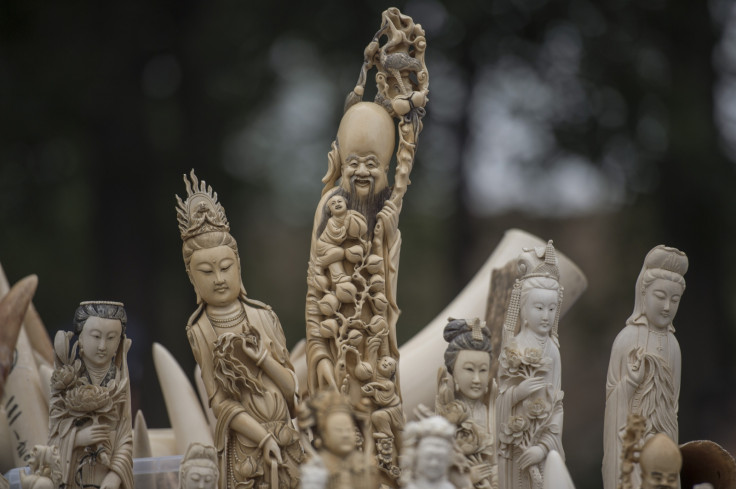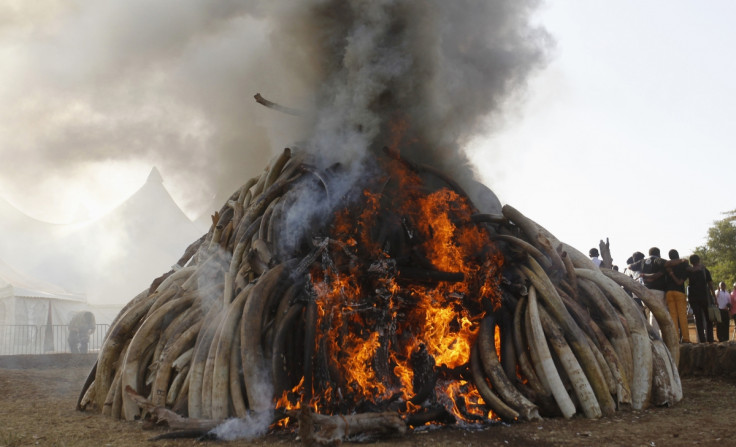China announces ban on ivory trade by the end of 2017
The high demand for ivory in the country has led to an increase in poaching of elephants in Africa.
The elephant population in Africa can hopefully look forward to a safer 2017. China has announced it will phase out domestic ivory trade by the end of 2017, a move that conservationists are hoping will also put an end to the large-scale elephant poaching in Africa.
In what is being called a "game-changer", China's State Council announced the details of the ban on 30 December. According to the plan, commercial processing and sale of ivory will come to a halt by 31 March, and there will be a phasing out of all registered traders.
The country has been under international pressure to stymie the legal sale of products made from elephants' tusks and while it decided to end ivory trade in 2015, the timeline is a step forward in making it a reality.
"China's announcement is a game changer for elephant conservation," Carter Roberts, the president and chief executive of the World Wildlife Fund, said in a statement. "With the United States also ending its domestic ivory trade earlier this year, two of the largest ivory markets have taken action that will reverberate around the world."
Lo Sze Ping, CEO of WWF-China, added: "WWF applauds China's decision to ban its domestic ivory trade so swiftly, underlining the government's determination and strong leadership to reduce demand for ivory and help save Africa's elephants.
"Closing the world's largest legal ivory market will deter people in China and beyond from buying ivory and make it harder for ivory traffickers to sell their illegal stocks."

Ivory trade was banned internationally in 1989, but a loophole allowed southern African countries to hold occasional legal sales of their ivory stockpiles. In 2008, China was given permission by the Convention on International Trade in Endangered Species of Wild Fauna and Flora (CITES), to buy ivory legally from several southern African countries. Despite measures to restrict the sale to stockpiles, the black market for tusks rocketed.
It is estimated that more than 100,000 elephants have been killed in Africa alone over the past 10 years and one tusker is killed every 26 minutes on an average.
Elly Pepper, deputy director of wildlife trade for the Natural Resources Defense Council celebrated the global significance of the announcement.
"Setting such an aggressive timeline to close — once and for all — the largest domestic ivory market in the world is globally significant.
"It's a game changer and could be the pivotal turning point that brings elephants back from the brink of extinction," she said.

© Copyright IBTimes 2025. All rights reserved.






















